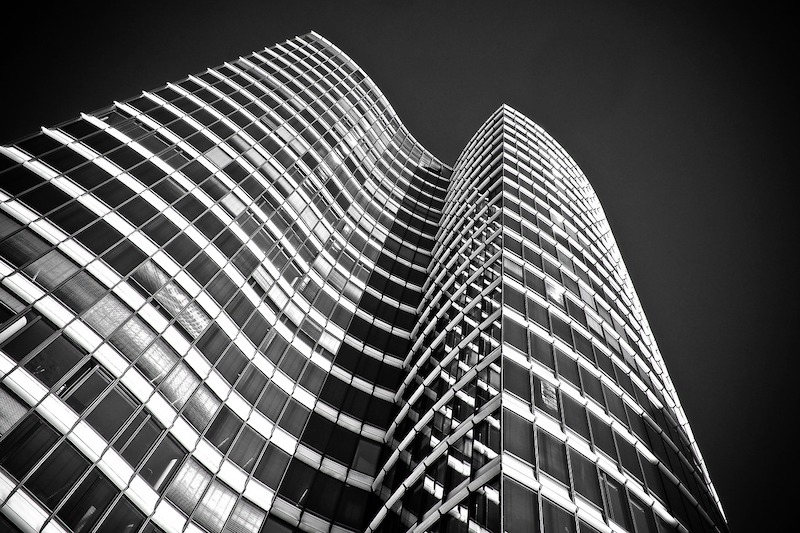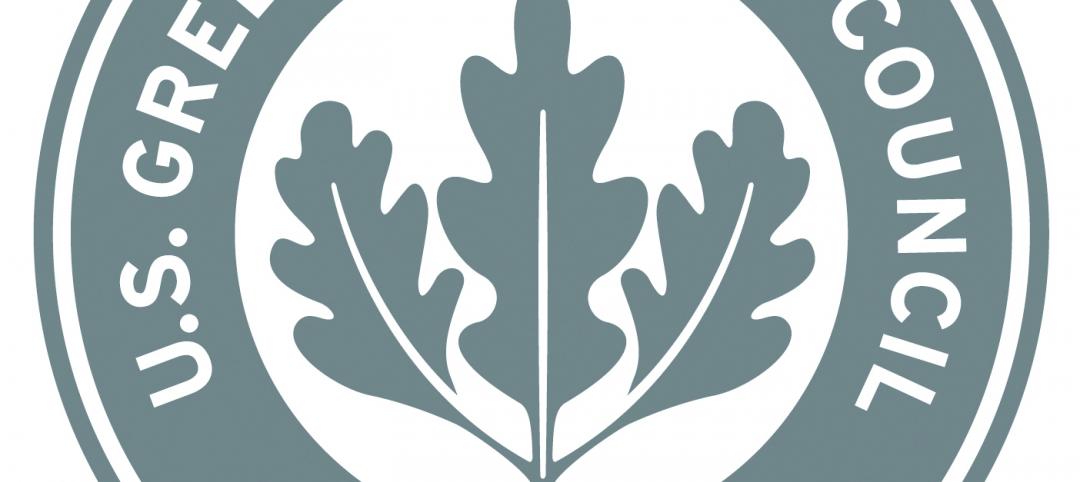Building enclosure commissioning, a quality-assurance process intended to ensure a building meets the owner’s requirements, offers benefits including cost savings. The process fosters the ability to catch and eliminate problems early and inexpensively, resulting in reduced project costs and fewer change orders.
ASHRAE Guideline 0-2013 and NIBS Guideline 3 both address building enclosure commissioning. The process begins in the predesign phase with the formation of a commissioning team.
The key document established by the commissioning team in the predesign phase is the owner’s project requirements, which means the owner’s representatives are an invaluable part of the commissioning team for making the owner’s needs known and understood.
After design and construction, the commissioning process should address ongoing operation, maintenance and modification of the project throughout its life. Commissioning guidelines also cover responsibilities for the team and commissioning authority, expectations for the schedule, and documentation. Other practices found within the guidelines include documenting training requirements, verifying training, and the creation of a systems manual for understanding how to operate and maintain all the systems and assemblies within a project.
Related Stories
| Jan 4, 2013
Tilt-Up Concrete Association releases new temporary wind bracing guidelines
The Tilt-Up Concrete Association has released revised guidelines on Temporary Wind Bracing of Tilt-Up Concrete Panels During Construction.
| Jan 4, 2013
San Diego office tower to be America's biggest net-zero building
The 13-floor, 415,000 sf La Jolla Commons II office tower in San Diego will be the largest building in the U.S. built to the net-zero standard upon completion in 2014, according to real estate firm Hines.
| Jan 4, 2013
Manchester, England building achieves highest BREEAM rating in U.K.
One Angel Square in Manchester, England, is the highest scoring outstanding building for the Building Research Establishment Environmental Assessment Method (BREEAM) in the U.K.
| Dec 27, 2012
Pentagon eases leasing standards established in 9/11 aftermath
The Pentagon has eliminated the stringent real estate leasing standards it put into place following the Sept. 11, 2001, terrorist attacks, reverting back to a version widely used by federal civilian agencies.
| Dec 27, 2012
Google provides USGBC with $3 million grant to transform building materials industry and indoor health
Google has contributed a $3 million grant to the U.S. Green Building Council (USGBC) to help transform the building materials industry and accelerate the creation of healthier indoor environments.
| Dec 27, 2012
Former industrial French city reshapes itself according to ambitious green standards
Nantes has a strong commitment to address challenges such as urban sprawl and carbon dioxide emissions.
| Dec 27, 2012
New York City law tracking building energy use yields surprises
A legally mandated report that tracks the energy use of New York City's largest buildings provides details about which buildings are achieving higher-than-expected energy efficiency, such as the Chrysler and Empire State buildings, as well as those that are performing poorly.
| Dec 27, 2012
New Jersey considers green roof mandate for state buildings
The New Jersey legislature is considering a bill that would require installation of green or blue roofs on state buildings that are at least 15,000 sf.
| Dec 20, 2012
AIA’s Healthier Communities Through Design showcases local policy initiatives
The American Institute of Architects released Local Leaders: Healthier Communities Through Design, a report that demonstrates the power of architecture to improve public health with policies that promote active living, accessibility, transit options, and better indoor air quality.















